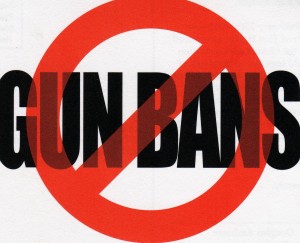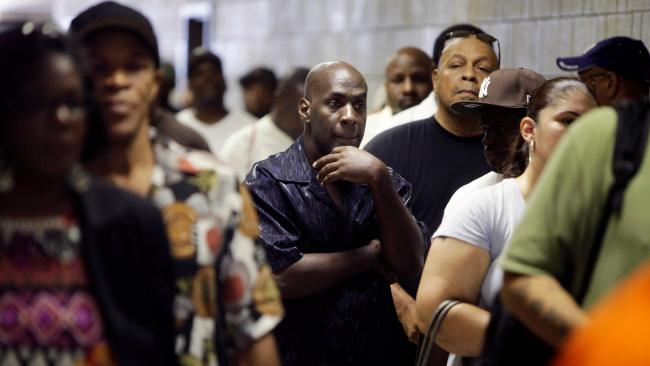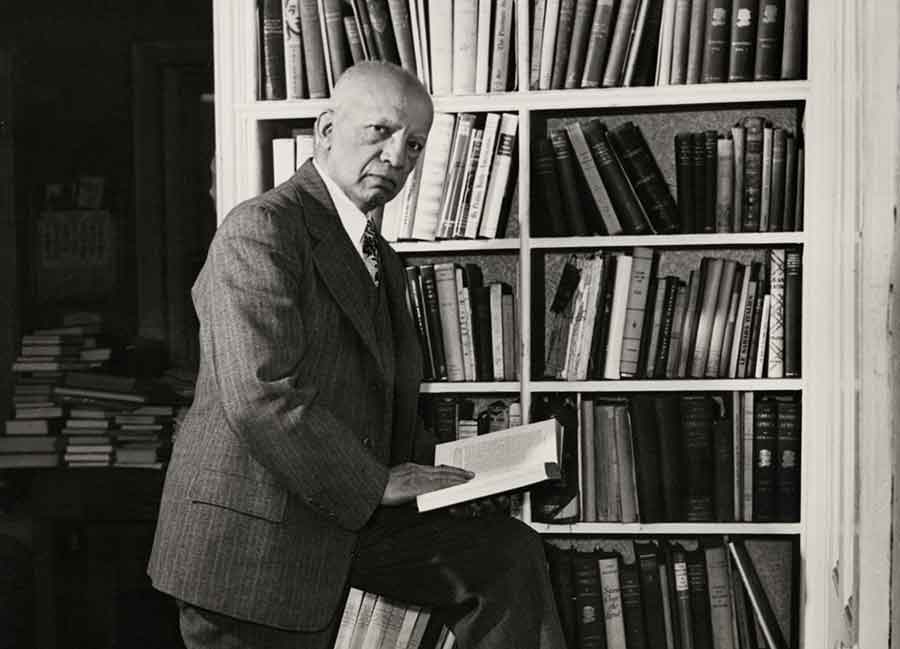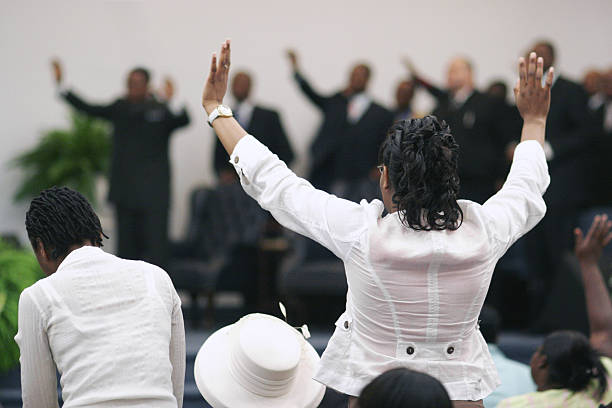(ThyBlackMan.com) In Manchester, one of Great Britain’s largest cities, only 209 of the 6,700 police officers carry guns. These officers are bound by tight restrictions, Sir Peter Fahy, chief of the Greater Manchester Police, told the Washington Post recently. Shooting at moving vehicles, at suspects fleeing a scene or at those brandishing knives is forbidden except under very limited circumstances.
In much of Britain, police officers have to walk the beat unarmed for years before they can apply to carry firearms. Most get rejected. The screening process for firearms possession is rigorous and almost daunting. There are fitness tests, psychological evaluations and endless drills on even the most seemingly routine scenarios.
“They rehearse those situations like a SEAL team trying to get into Osama Bin Laden’s compound,” Lawrence Sherman, a Cambridge University criminologist told the Post.
On average, cops in England and Wales open fire an average of five  times a year. In the United States, cops open fire that many times a day – at least.
times a year. In the United States, cops open fire that many times a day – at least.
I know what you’re thinking: it’s insane to compare to the United States with the United Kingdom. After all, the U.S. is a violent nation with some of the loosest gun laws on the planet. The homicide rate in Detroit, a city of fewer than 700,000 people, is nearly equal that of Canada, a country of 30 million people. Flint, Mich., another troubled urban center with approximately 100,000 residents, had 52 homicides in 2013. New Zealand, a nation of about 4 million people, had fewer than 50.
No one is suggesting that we reduce the number of police officers authorized to carry firearms in the United States. But there are several similarities between the two countries. Like the United States, Britain is a diverse nation where law enforcement personnel frequently battle urban unrest, gang violence, religious extremism, racial extremists and terrorism. In 2011, riots broke out in London after a Black man was fatally shot. For many years, it was impossible to find a trashcan on the London underground for fear that a terrorist might plant a pipe bomb. In the 1980s, then British Prime Minister Margaret Thatcher narrowly escaped an assassination attempt by agents of the Irish Republican Army.
Still, there are some policing lessons we could import from the U.K. They include:
1. Gun control – Getting a permit to own a gun in the U.K. is extremely difficult and it is next to impossible to legally own an assault weapon. Consequently, police officers there are not as jumpy or frightened about getting shot as their brothers in blue across the pond. They are also considerably less aggressive. The hyper aggressiveness of American cops is often bad news for civilians, particularly the most vulnerable, particularly people of color. It is quite likely, for example, that Tamir Rice, the 12-year-old child who was shot to death in a park last year by a jumpy Cleveland police officer while playing with a toy gun, would be alive today if he lived in the United Kingdom. (Note to gun rights advocates: stricter gun laws will not make the United States less democratic).
2. A refined mindset – In the United Kingdom there is a huge emphasis among law enforcement officers on human rights. They believe in what one retired police chief there described as “policing by consent,” which is to say they see themselves as working with the public or for the public rather than as agents of a faceless state or municipal agency. British officers are also terrified of getting it wrong. That mindset of social responsibility and teaming up with the community to solve problems, particularly in predominantly minority communities, hasn’t quite sunk in here – in spite of the prevalence of phone cameras and social media. That may explain why David Eric Casebolt, the McKinney, Texas police officer who savagely slammed a Black teenage girl to the ground, thought nothing of pointing his gun at a group of unarmed Black teens who gathered nearby to monitor him.
3. Uniform standards – Great Britain has considerably more uniformity among its police departments. They each have a minimum of 100 police officers. There are oversight boards that monitor the activities of local law enforcement agencies and there is considerable transparency in cases in which civilians are killed or even shot. Such a system breeds community and lowers the levels of distrust.
In recent years there’s been a great deal of talk about the increased militarization of our law enforcement agencies and the blatant lawlessness of our lawmen. Unless – and until – we make concerted efforts at law reform, we will continue to bury more children playing with toy guns.
And our cities will continue to burn.
Written By Lekan Oguntoyinbo
Official website; http://www.Twitter.comoguntoyinbo

















Leave a Reply